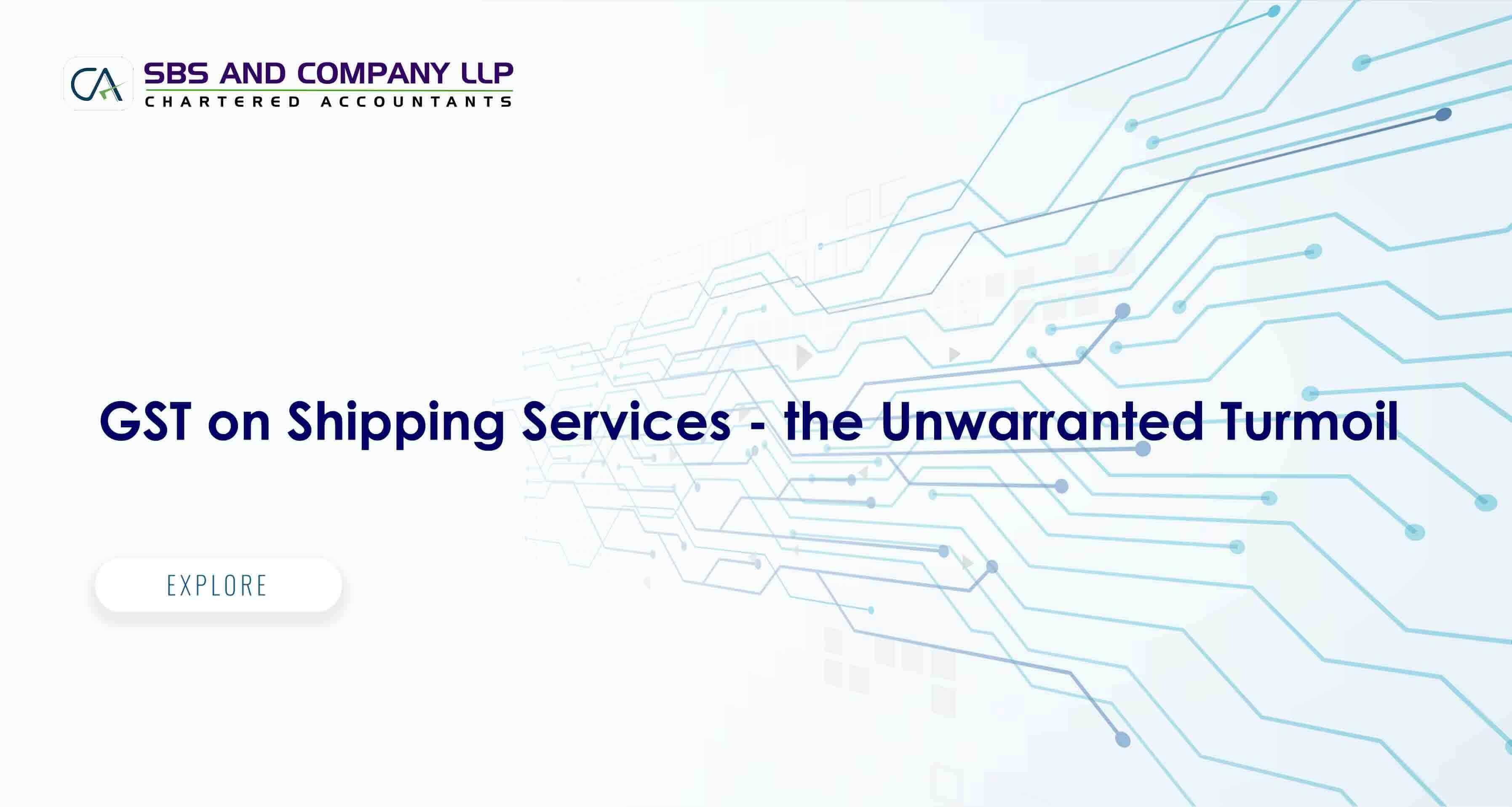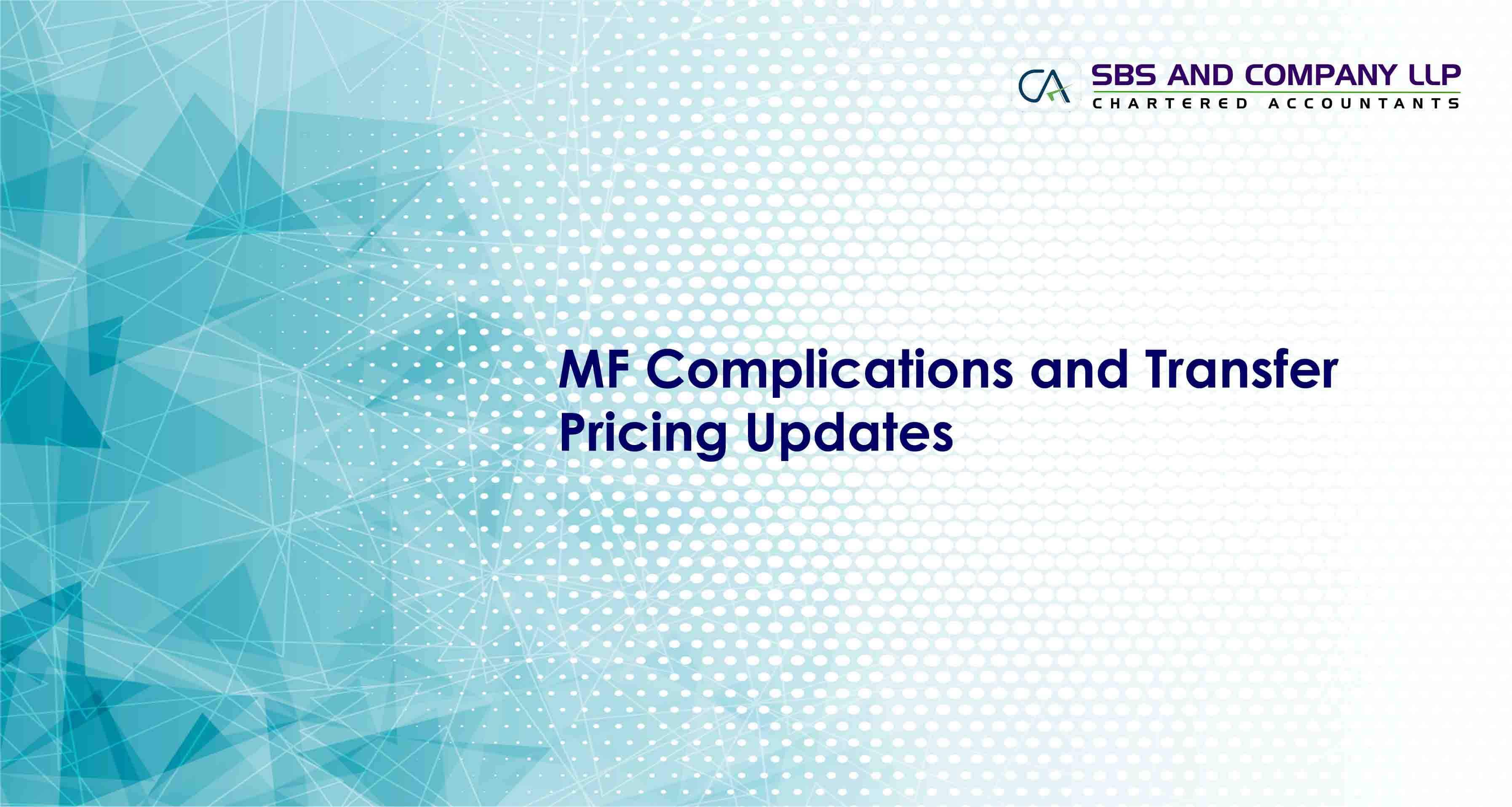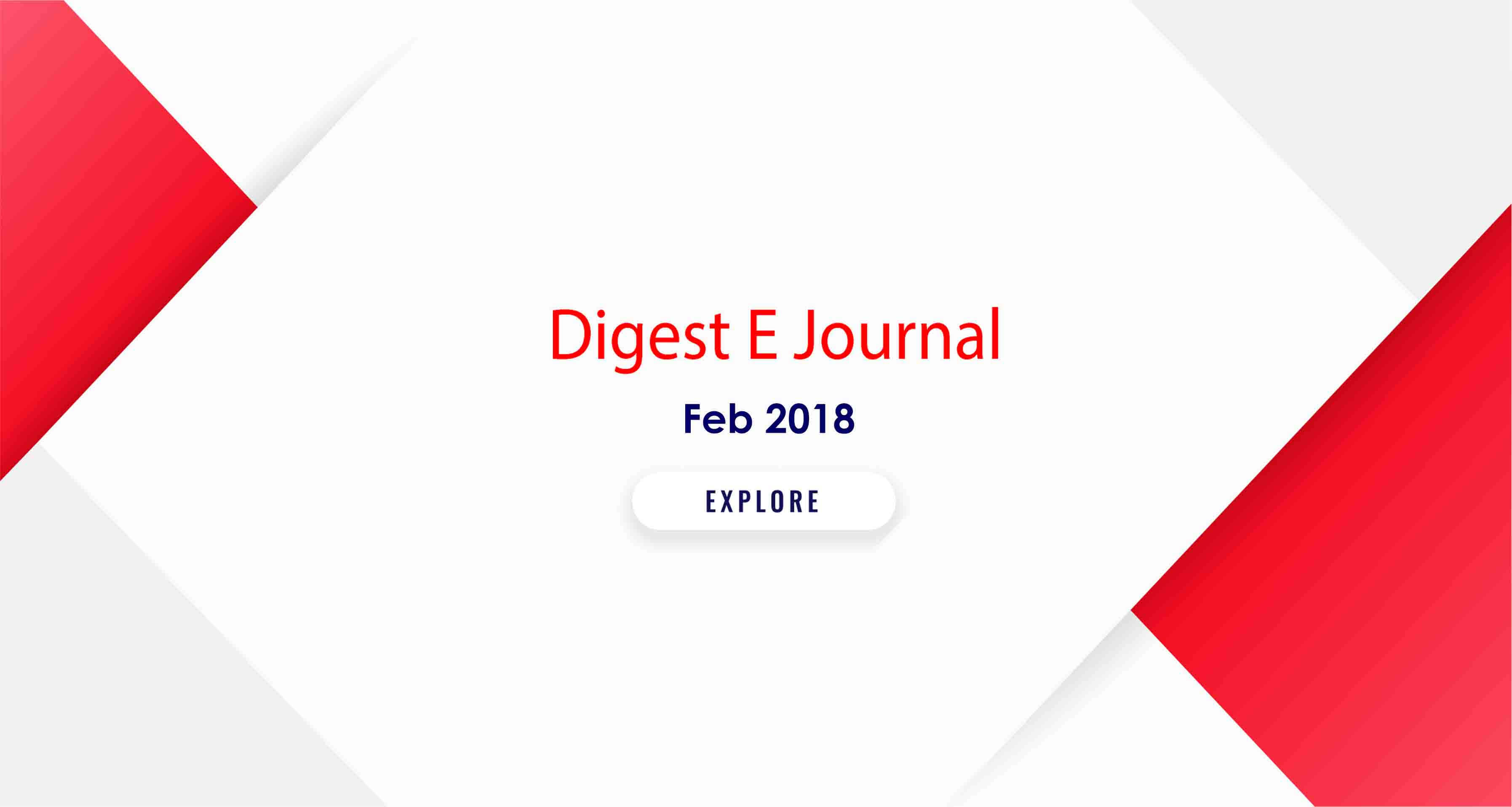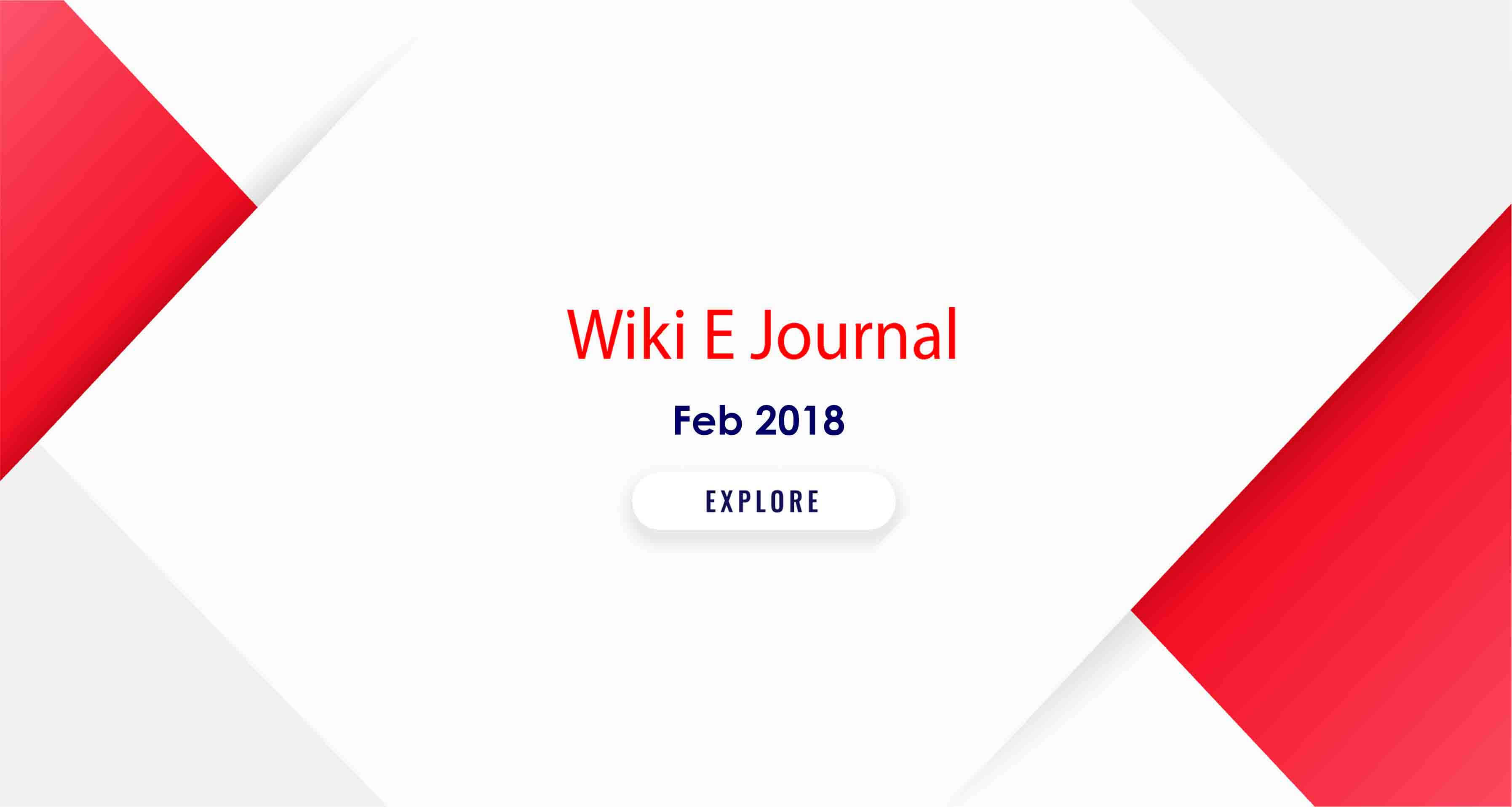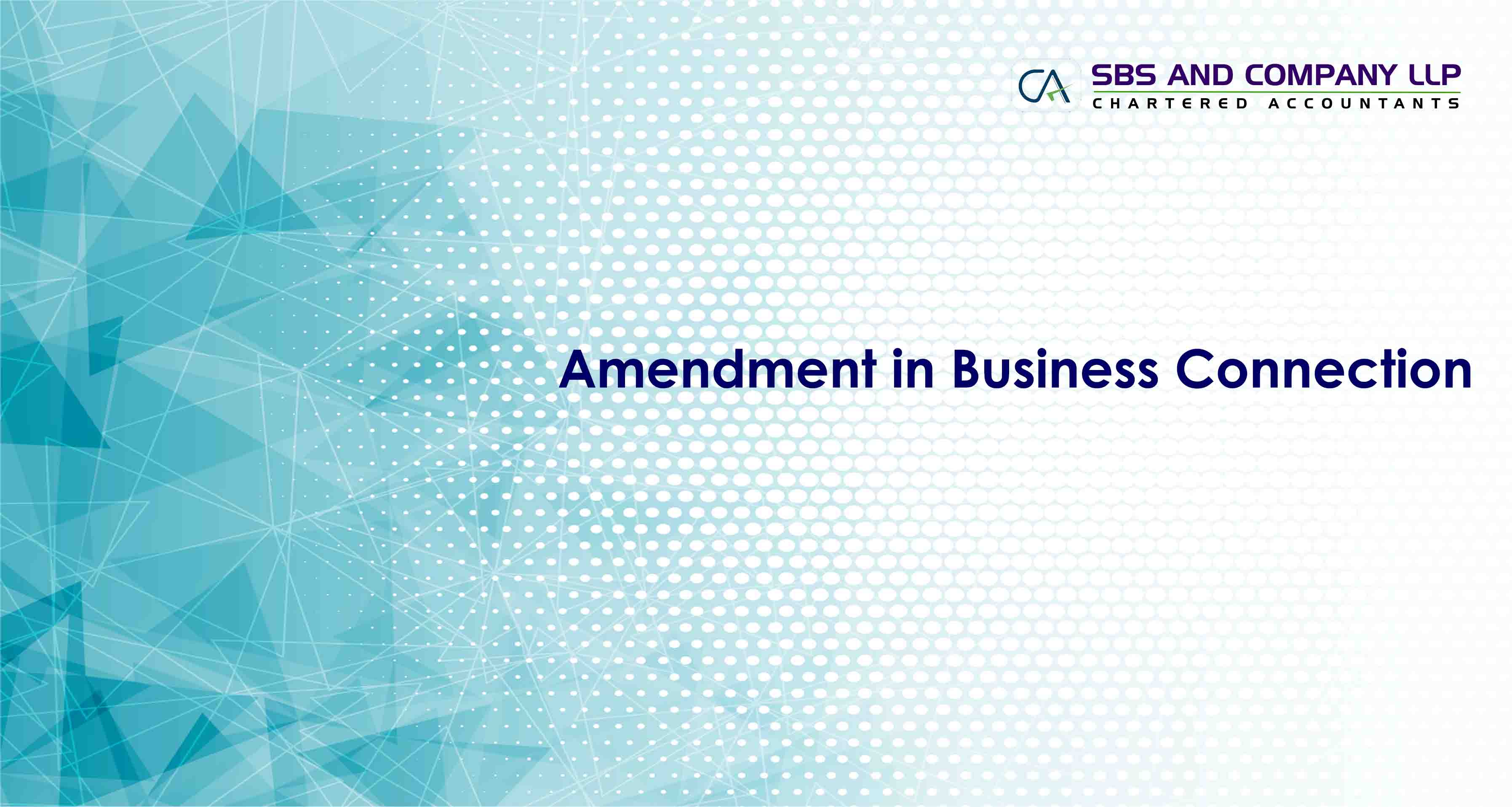Introduction:
Under the erstwhile service tax regime, the services by way of transportation of goods by vessel or aircraft from a place outside India up to the Customs Station of Clearance in India were originally covered under the Negative list as given under section 66D. With effect from 01.06.2016, these services are taken away from section 66D. While the transportation services by air remains exempted, services of vessel are made taxable. Doubts have been expressed by the industry and tax experts about the vires of taxing such services as the said services are subject to customs duty as part of the value of goods imported. These doubts continued even under GST regime also.
Governments have subjected these services to tax even under GST regime, without appreciating the reasons for levy under erstwhile Service tax regime and examining whether levy of GST on such services is really warranted in view of those reasons.
Read more: GST on Shipping Services - the Unwarranted Turmoil


